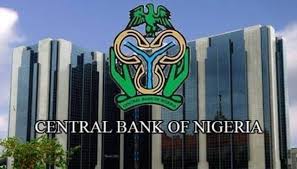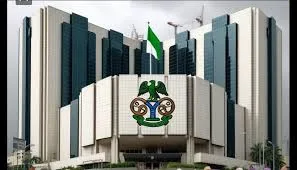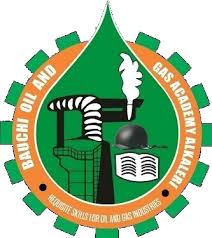The World Bank has raised concerns about the inconsistency and lack of transparency in reports submitted by the Nigerian National Petroleum Company Limited (NNPCL) to the Federal Account Allocation Committee (FAAC).
In its “Accelerating Resource Mobilisation Reforms (ARMOR)” report released on May 17, 2024, the bank highlighted that the NNPCL’s opaque governance has significantly affected the transmission of oil revenues to the federation, leading to oversight challenges for the Federal Ministry of Finance (FMF) and FAAC.
The report pointed out that the NNPCL’s submissions to FAAC often lacked crucial details, including information on pledged revenues, crude oil trade values, actual payments, and global trade receipts. This opaqueness has made it difficult for authorities to track oil revenues and monitor the NNPCL’s performance effectively. The World Bank emphasized that this governance issue, coupled with quasi-fiscal activities like in-kind crude oil revenues and direct revenue deductions, has undermined transparency.
The ARMOR report also cited an instance where NNPCL pledged 35,000 barrels of crude oil per day to secure a 20% stake in the privately-owned Dangote Refinery. While the estimated value of these pledges was $5.8 billion by the end of 2022, the actual revenue declared by the NNPCL fell short of expectations. The report further noted that the company’s handling of crude oil and gas receipts under joint venture operations, where the federation holds significant stakes, has not been sufficiently transparent.
The report highlighted Nigeria’s heavy dependence on oil and gas revenues, which has become a source of fiscal vulnerability. Despite a 116% increase in international oil prices between 2020 and 2023, net oil and gas revenues transferred to the federation fell from 2% to 1.8% of GDP. This decline was attributed to reduced oil production, insecurity, lack of investment, and rising gasoline subsidies deducted directly by the NNPCL.
Oil production dropped from 1.8 million barrels per day (mbpd) in 2020 to 1.4 mbpd in 2023 due to operational challenges. At the same time, the cost of the gasoline subsidy surged from 0.9% to 1.6% of GDP, further straining oil revenue transfers.
The World Bank also flagged NNPCL’s tendency to pledge future oil and gas revenues for projects like a gas pipeline to Morocco, cautioning that such commitments could impact fiscal stability.
In response to these fiscal challenges, the Nigerian government is pushing for a $750 million loan from the World Bank as part of a broader $2.25 billion package approved by the bank on June 13, 2024. This new loan aims to enhance Nigeria’s economic stability and support its vulnerable population.
An agreement has already been signed between the Nigerian government and the World Bank, which details the loan’s disbursement conditions. The World Bank specified that funds would only be released upon achieving key milestones, such as boosting Value-Added Tax (VAT) collection, increasing excise taxes on health and environmental products, and improving corporate tax compliance through digital infrastructure.
The ARMOR programme targets an increase in VAT collections to 1.8% of non-oil GDP, which would unlock $105 million of the loan. Despite recent reforms, the World Bank noted that Nigeria’s non-oil tax revenues remain below average due to low tax rates, poor compliance, and a narrow tax base. Although VAT rates rose from 2.3% of GDP in 2020 to 3.7% in 2023, the current VAT rate of 7.5% is still significantly lower than the Sub-Saharan Africa average of 15.8%.
The World Bank’s report emphasized that modernizing Nigeria’s tax and customs administrations is crucial to improving efficiency and increasing revenues. It advised the government to expand the tax base, raise VAT rates, and reduce tax expenditures to bolster fiscal stability.






















![#Edodecides2024: Obaseki calls for calm, hints at legal action [VIDEO]](https://thediscovererng.com/wp-content/uploads/2024/09/download-6-3-120x86.jpeg)







